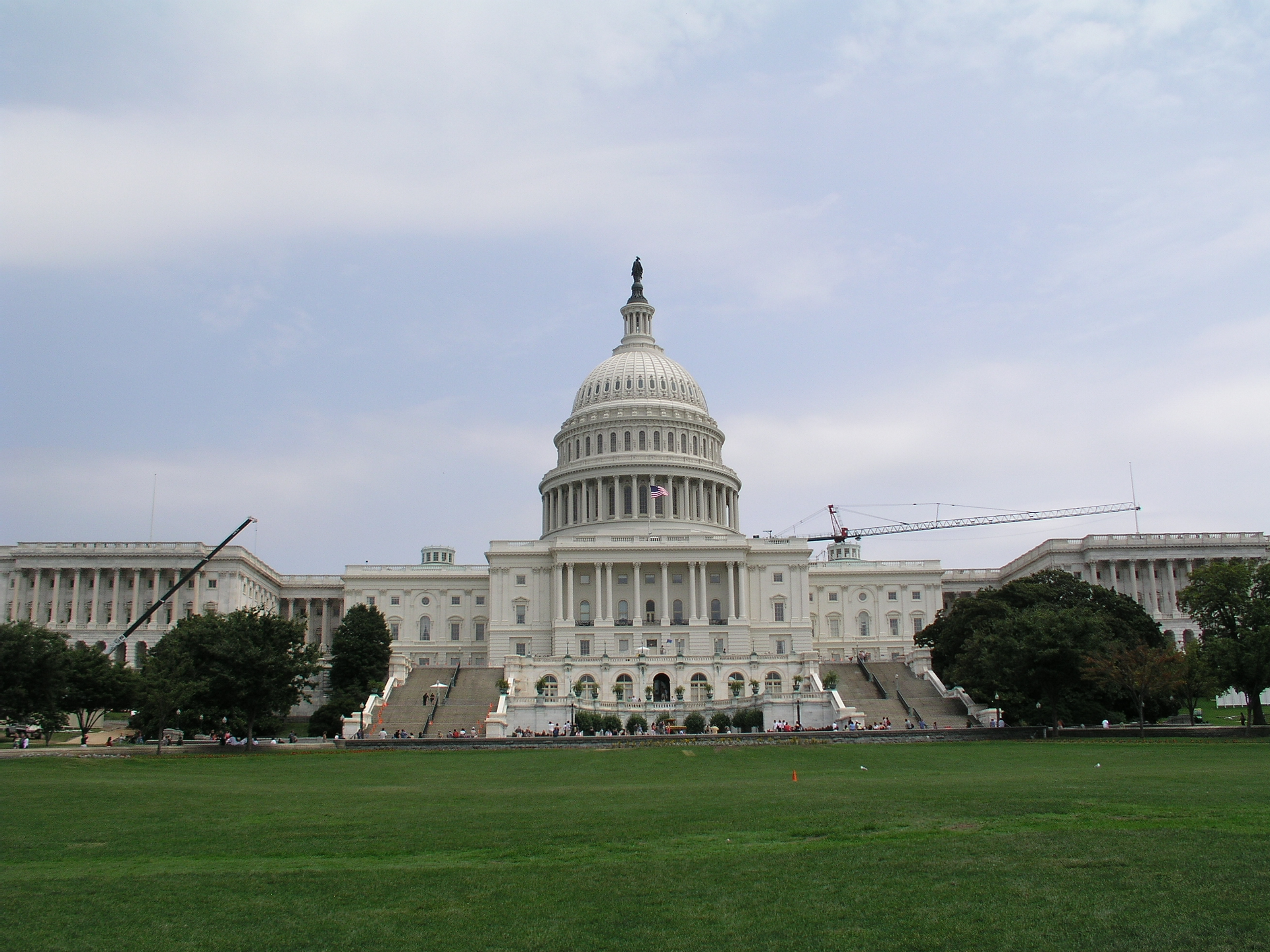Several real estate organizations, including the National Multifamily Housing Council (NMHC), have joined forces to urge Congress to fully fund the 2020 Census and the annual American Community Survey (ACS) in its 2016 budget, which lawmakers are currently debating.
Developers, builders, and contractors rely on these government data to gauge, among other things, changes in population demography and mobility, factors that play major roles in planning and construction plans.
Last year, the industry dodged a bullet when Congress failed to approve a measure that would have made participation in ACS voluntary. “This would have reduced the survey’s accuracy and made it more costly by requiring additional effort to ensure a representative sample,” NHMC states on its website. The Council notes, too, that the industry wants Congress to restore three-year data collection methods that got changed last year.
In its 2016 budget, the Obama Administration is requesting $1.5 billion for the Census Bureau in fiscal year 2016, including $663 million for the 2020 Census (a 91% increase over the previous Census budget) and $257 million (plus $15 million) for the ACS, according to the Census Project, a collaboration of state and local governments, advocacy and business groups, and research organizations interested in a fair and accurate census. Obama is asking Congress for an extra $1 billion for hiring and promotion for the decennial count, after plans to automate door-to-door interviewing in the 2010 Census failed to muster Congressional support.
Population data are of critical importance to municipalities, too. The Arizona Republic reported last month that the city of Chandler, Ariz., will pay the Census Bureau more than $4 million to conduct an updated population count for that metro later this year. Chandler is hoping that the new count will show how its population has increased significantly since the 2010 Census, which put Chandler’s population at 236,326 residents. (Arizona allocates state-shared revenue based on a city’s population.)
The Census Project notes that the Bureau is trying to save as much as $5 billion over the census lifecycle by investing early in research, testing, and development of new methods and technologies. For example, later this year the Bureau plans to hold focus groups with people who would be affected by a new classification being considered for Americans of Middle Eastern and North African descent. The 2013 ACS—with a sample size of 3 million addresses nationwide—estimated that there were about 1.5 million Arab Americans in the U.S. in 2006-10. If this test proves successful, the new classification could be included in the 2020 Census, according to the Associated Press.
Related Stories
Legislation | Aug 5, 2022
D.C. City Council moves to require net-zero construction by 2026
The Washington, D.C. City Council unanimously passed legislation that would require all new buildings and substantial renovations in D.C. to be net-zero construction by 2026.
| Aug 4, 2022
Newer materials for green, resilient building complicate insurance underwriting
Insurers can’t look to years of testing on emerging technology to assess risk.
Codes and Standards | Aug 3, 2022
Some climate models underestimate risk of future floods
Commonly used climate models may be significantly underestimating the risk of floods this century, according to a new study by Yale researchers.
Codes and Standards | Aug 2, 2022
New tools help LEED projects reach health goals
The U.S. Green Building Council now offers tools to support the LEED Integrative Process for Health Promotion (IPHP) pilot credit.
Codes and Standards | Jul 29, 2022
Few projects and properties are being built beyond code
Clients and architects disagree on how well building to code provides resilience, according to a recent report by the American Institute of Architects (AIA) in partnership with Owens Corning.
Multifamily Housing | Jul 28, 2022
GM working to make EV charging accessible to multifamily residents
General Motors, envisioning a future where electric vehicles will be commonplace, is working to boost charging infrastructure for those who live in multifamily residences.
Codes and Standards | Jul 27, 2022
Biden administration proposes drastic flood insurance reform
The Biden administration’s proposed major overhaul to the National Flood Insurance Program, or NFIP, would drastically alter how Americans protect homes and businesses against flooding.
Codes and Standards | Jul 22, 2022
Office developers aim for zero carbon without offsets
As companies reassess their office needs in the wake of the pandemic, a new arms race to deliver net zero carbon space without the need for offsets is taking place in London, according to a recent Bloomberg report.
Codes and Standards | Jul 22, 2022
Hurricane-resistant construction may be greatly undervalued
New research led by an MIT graduate student at the school’s Concrete Sustainability Hub suggests that the value of buildings constructed to resist wind damage in hurricanes may be significantly underestimated.
Building Team | Jul 20, 2022
San Francisco overtakes Tokyo as the world’s most expensive city for construction
San Francisco has overtaken Tokyo as the world’s most expensive city for construction, according to a new report from Turner & Townsend.

















